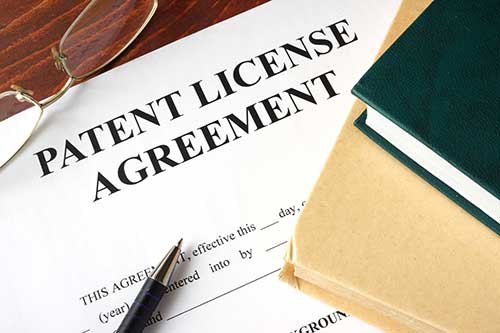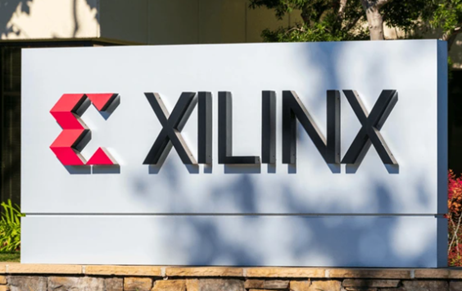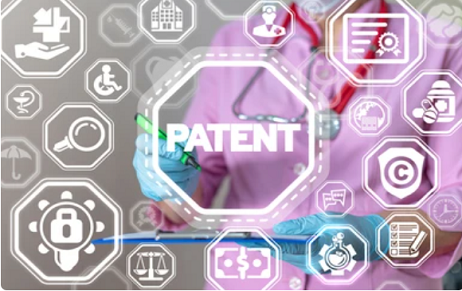Xilinx is a leading technology company focused on innovation and creating and monetizing its Intellectual…
U‑Blox and KPN Settle Patent Dispute And Sign Patent License Agreement
Recently, U‑Blox AG and U-blox America Inc. (“u-blox”), announced that it has entered into a worldwide, non-exclusive, patent license agreement with Koninklijke KPN N.V., (“KPN”), for a defined term while settling their ongoing patent disputes. The patent license agreement covers the sale of u‑blox products and services that KPN believes to be essential for telecommunication standards. Patent infringement litigation between the two companies has been dismissed.

The patent license agreement was reached in the background of patent-related disputes the two companies were engaged in (Koninklijke KPN N.V. v U-Blox AG and U-Blox America, Inc..in the District Court of Delaware). Specifically, the dispute was with respect to KPN’s US Patent No. 6,212,662, titled “Method and devices for the transmission of data with transmission error checking” with priority going back to the year 1995. KPN is the owner by assignment of U.S. Patent No. 6,212,662 and holds all rights, title, and interest to it, including the sole right to sue and recover for any and all infringements.
The invention concerns a method and devices for the detection of errors, in particular transmission errors, in data streams and/or data packets. Transmission errors may arise, for example, through electromagnetic radiation, inadequacies in a storage medium (transmission in time), and errors in switching and transmission equipment. Systematic errors, that is to say, errors that repeat themselves, can arise inter all through an error that repeats itself in the transmission channel (for example an interference signal with a certain frequency) or through an equipment error. With systematic errors, the case may therefore arise that an error once not recognized as such, is continually not detected. With the technology, the detection function is varied on the basis of the time and/or the data themselves, for example by assigning an individual variation value to each index (packet index), effectively varying the data themselves. The invention is particularly suitable for application to compressed data streams.
The devices claimed in U.S. Patent No. 6,212,662 have proved to be of great importance to the field of error detection and correction. At a minimum, such ’662 Accused Products include all smartphones and other mobile telecommunication devices configured to send or receive data over an LTE, UMTS, or cdma2000 radio telecommunication network using or incorporating the error checking technology described in Exhibit A. This includes products like the following: the u-blox Lisa-U2 series, Toby-L2 series, Toby-R2 series, MPCI-L2 series, EVK L2 series, Lara-R2 Series, Sara-U2 series, C027 Series with LISA cellular module, C16 Series Telematics Application Board with LISA cellular module, EVK-U2x, EVK-U26/27 with SARAU2, EVK-U20//U23, EVK-L20/EVK-L22 Cellular Evaluation Kit, ADP-L200, and ADP-L210.
United States Patent No. 6,212,662 previously was the subject of litigation in Koninklijke KPN N.V., v. Samsung Electronics Co., Ltd., (Civil Action Nos. 2:14-cv-1165 and 2:15-cv-948; E.D. Tex.). The court in that matter construed the patent. Samsung subsequently entered into a settlement and patent license agreement with KPN.
In around January of this year (2021), KPN filed a slew of patent infringement suits against U-Blox, as well as against Acer, BLU Products, Bullitt Group, Xiaomi, and Yulong Computer Telecommunications Scientific Company (Coolpad Technologies) in the District of Delaware, most of which since then has been dismissed. In August of this year, U-Blox filed a declaratory judgment action in the Southern District of California against KPN (3:21-cv-01220), asserting various claims related to KPN’s alleged failure to license its standard-essential patents related to 2G, 3G, and 4G cellular technology on fair, reasonable, and non-discriminatory (FRAND) terms.
For further information Kindly contact/write back to IIPRD or arindam@iiprd.com.



